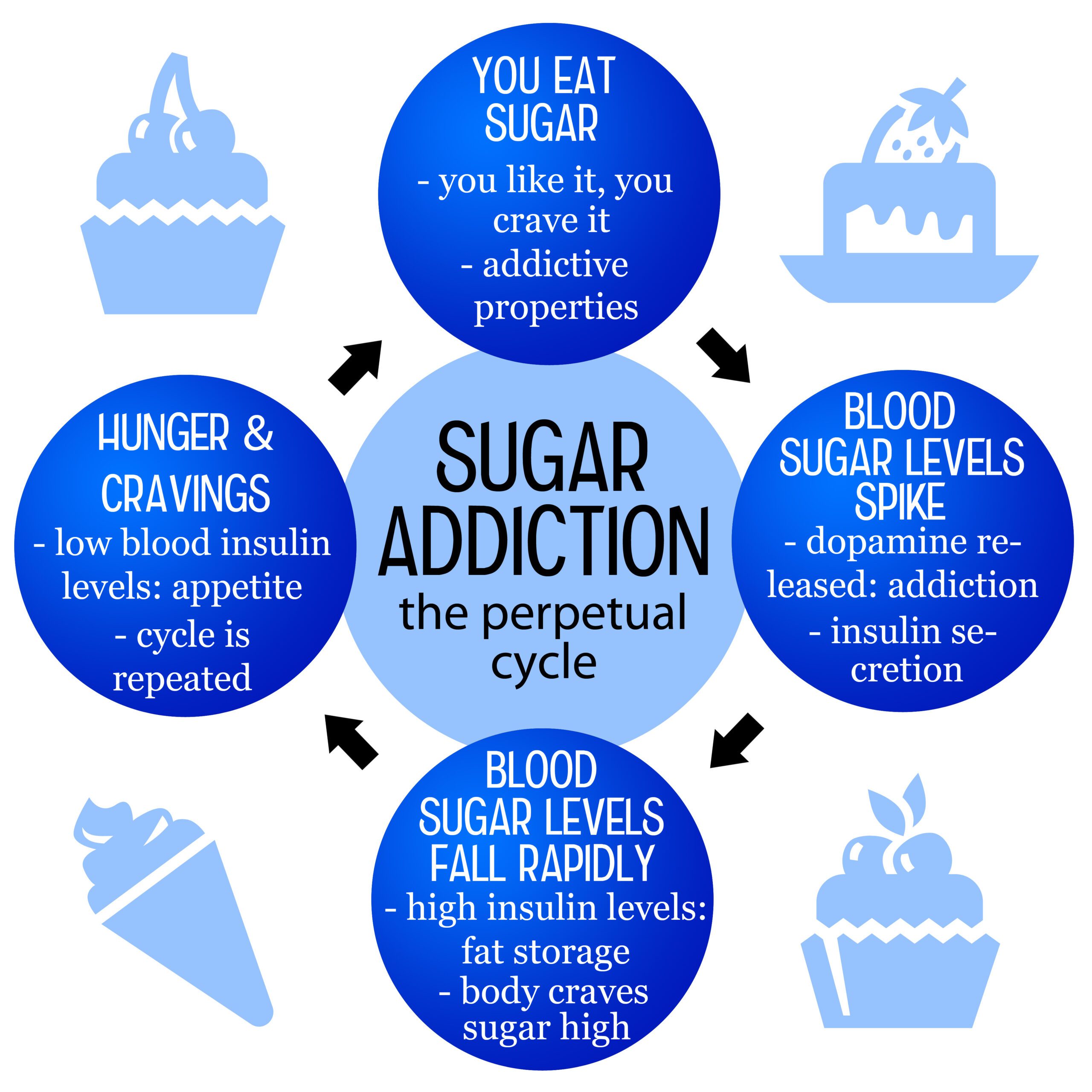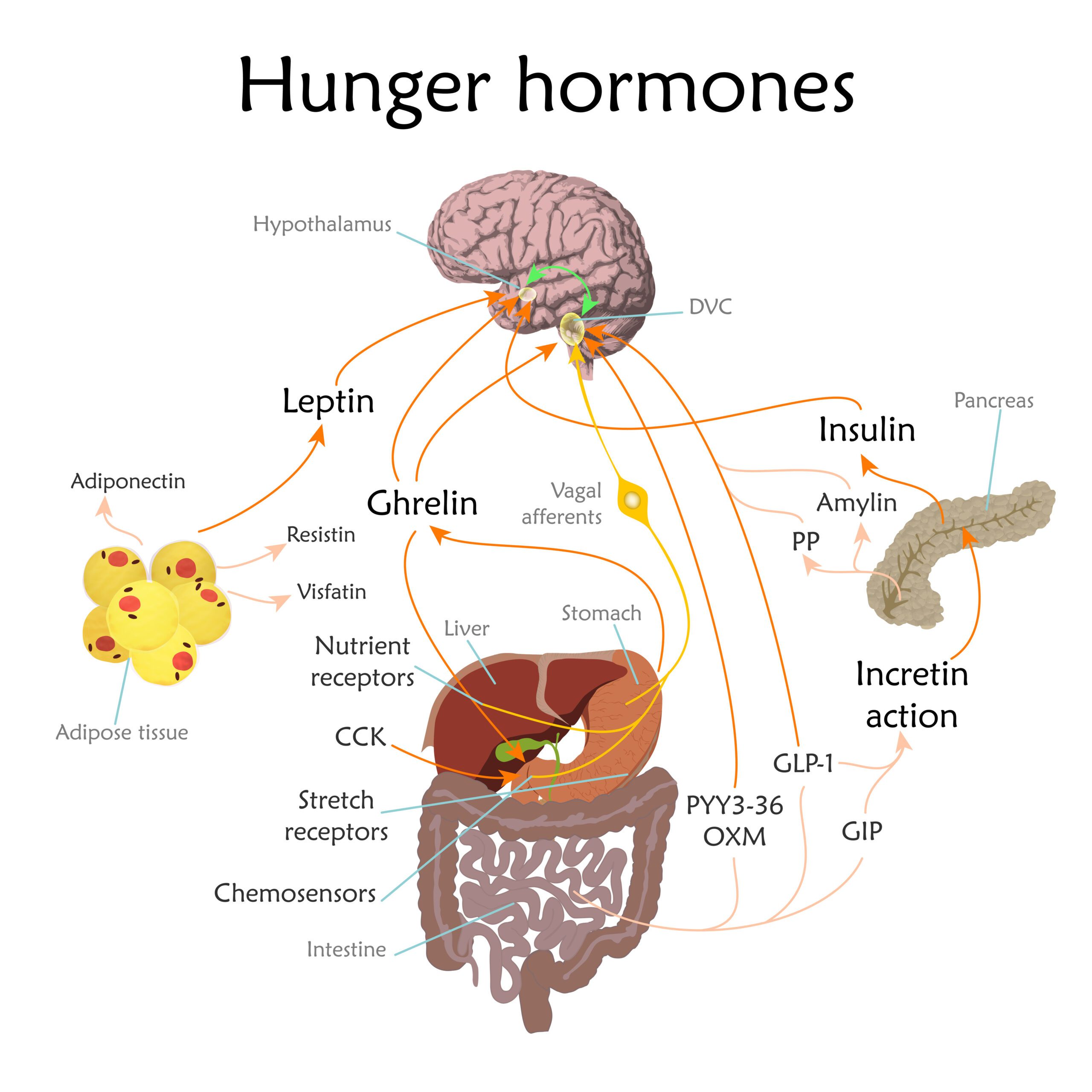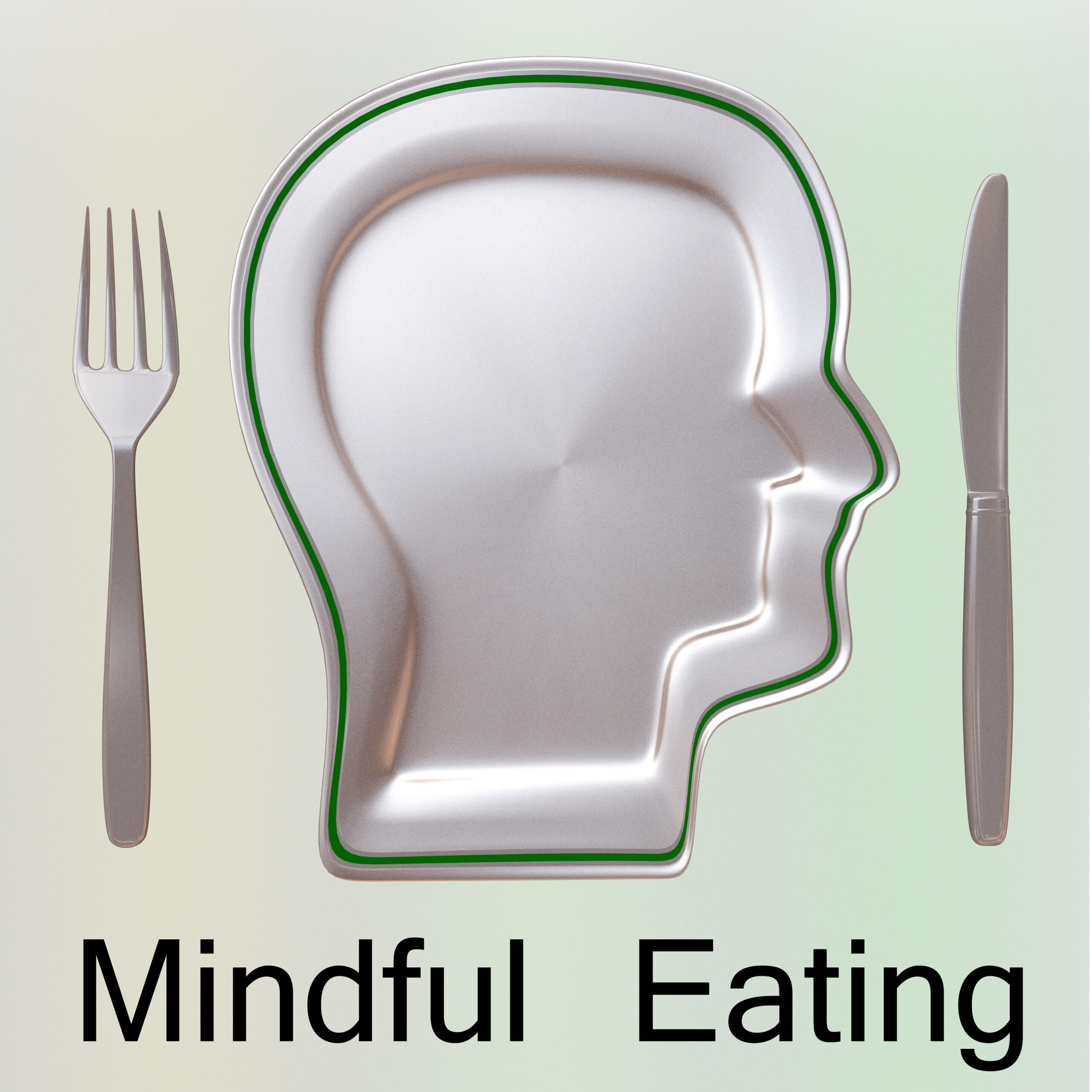Understanding Hedonic Hunger: Why We Crave Sugary and Fatty Foods
December 18, 2023
 570
570 
Welcome to our exploration of “hedonic hunger,” a fascinating concept that’s reshaping our understanding of why we sometimes can’t stop eating those chips or cookies, even when we’re not really hungry.
This isn’t just about having a sweet tooth or loving snacks; it’s about how certain foods mess with our brains, making us crave more.
Surprisingly, this craving, which goes beyond basic hunger, is linked to the rising number of people who are struggling with obesity.
It’s like our brains are being tricked into wanting more and more of these tasty, but not-so-healthy foods.
Let’s dive into this intriguing world and uncover why our brain sometimes acts more like a mischievous sweet-toothed gremlin than a wise nutritionist.
The Science of Cravings

Imagine your brain as a little control center that lights up with excitement when you eat sugary and fatty foods.
These types of foods kickstart a fascinating process in our brains. When we eat them, they activate a special area called the “reward system.”
This is like hitting a jackpot in a game, but instead of coins, our brain releases ‘feel-good’ chemicals.
These chemicals make us feel really happy and satisfied. But there’s a twist: the more we eat these kinds of foods, the more our brain wants them.
It’s like being on a merry-go-round of cravings that keeps us reaching for another cookie or slice of pizza, even when we’re full.
This is why understanding how our brains react to these foods is so important in managing our eating habits.
Hormonal Influence on Eating Habits

Our eating habits are like a game controlled by hormones in our body. Leptin, ghrelin, and dopamine are the main players.
Leptin is like a traffic cop saying, “Stop, you’re full!” It helps us feel satisfied after eating.
Ghrelin is the opposite; it’s like a hunger alarm that rings when our stomach is empty.
And dopamine? That’s the fun one!
It’s released when we eat something delicious, giving us a rush of happiness.
But here’s the tricky part: when we often eat sugary and fatty foods, our body’s response to these hormones can get a bit mixed up.
We might stop hearing leptin’s ‘stop’ signals clearly, or dopamine might make us want more and more tasty treats.
This mix-up can lead to overeating without us even realizing it.
Evolutionary Perspective

Long ago, our ancestors needed to eat high-calorie foods to survive, especially during times when food was scarce.
Our brains evolved to crave these foods, rewarding us with feelings of pleasure when we ate them.
This was essential for survival back then. But now, we live in a world where tasty, high-calorie foods are everywhere and always available.
Our ancient brains haven’t caught up to this modern reality, so they still push us towards these foods, even though we don’t need them for survival anymore.
This mismatch between our evolutionary wiring and today’s food abundance is a big reason why overeating is so common.
Strategies for Managing Hedonic Hunger

To manage cravings, start by changing your surroundings.
Keep tempting foods out of sight and stock up on healthier options.
Practicing mindful eating can also be a game-changer.
This means really paying attention to what you’re eating, savoring each bite, and listening to your body’s signals.
If overeating is a big challenge, consider behavioral strategies like setting eating routines or seeking support from a nutritionist or therapist.
In some cases, medical interventions, like specific medications, might be helpful.
Remember, it’s about finding a balance that works for you.
Conclusion
In our journey through the world of “hedonic hunger,” we’ve seen how sugary and fatty foods can hijack our brain’s reward system, leading to cravings and overeating.
Hormones like leptin, ghrelin, and dopamine play a crucial role in this process, often influenced by our evolutionary past.
Despite the challenges, managing these cravings is possible with mindful eating, environmental changes, and in some cases, medical interventions.
Understanding the intricate dance between our diet, brain chemistry, and overall health is key to nurturing a healthier relationship with food.

A new study suggests that a widely used sugar substitute found in diet sodas, chewing gum, and low-sugar yogurt may elevate insulin levels. This could increase the long-term risk of heart disease. “Artificial sweeteners have infiltrated nearly all types of food, making it crucial to understand their long-term health effects,” said Yihai Cao, senior author […]

Diet Coke has long been a fan-favorite among soda lovers who want a fizzy, guilt-free alternative to traditional soft drinks. While its zero-calorie, zero-sugar label makes it seem like a healthier option, the reality is far more concerning. Despite its undeniable popularity, Diet Coke’s nutritional profile has raised red flags among health experts for years. […]

New study shows that embracing an anti-inflammatory, plant-forward diet can support cognitive function and help reduce the risk of dementia. What You Eat Shapes Your Brain The food you eat doesn’t just impact your body—it also affects your brain. Research suggests that eating an anti-inflammatory, plant-based diet can help improve memory, focus, and overall brain […]